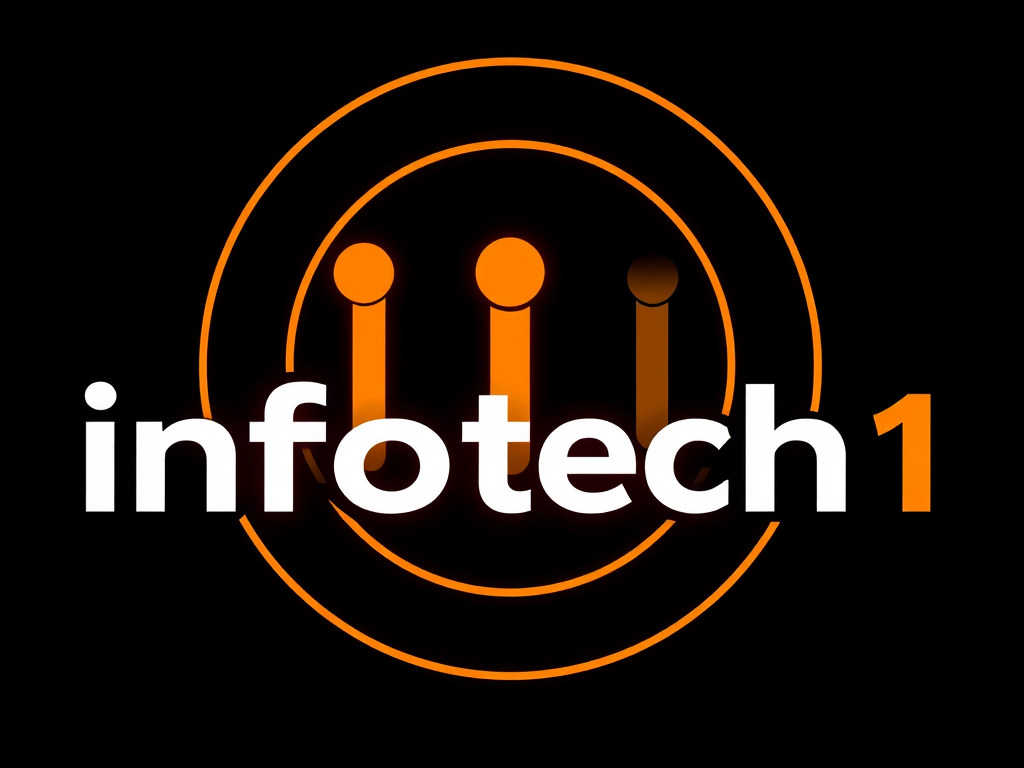Historical Evolution of Video Games and Its Relevance to UK Computing Education
Video game history reveals a trajectory of technological advancements that have profoundly influenced UK education evolution. From the first arcade games to sophisticated home consoles, these milestones shaped not just entertainment but also educational content. Early video games introduced interactive elements that aligned well with emerging digital literacy goals in UK schools.
The evolution of technology—from simple pixel-based graphics to immersive 3D environments—mirrored shifts in UK computing education. As hardware and software became more capable, curricula began incorporating more complex programming concepts inspired by game design. This intersection between gaming and education sparked innovative teaching approaches, fostering computational thinking in students.
Have you seen this : Exploring the impact of uk computing innovations on today’s video game development
UK educational initiatives recognized the potential of video games early on. Pilot projects integrating gaming into classrooms demonstrated improved student engagement and practical skill development. By embedding gaming concepts into lessons, educators leveraged familiar technologies to bridge theoretical knowledge with hands-on learning. This historical nexus underscores how the progression of video game history directly informed the advancement of computing education in the UK, setting a foundation for today’s dynamic, tech-driven classrooms.
Historical Evolution of Video Games and Its Relevance to UK Computing Education
Exploring video game history reveals vital milestones that have shaped global technology and pedagogy. Early developments, such as the creation of arcade games and home consoles, marked turning points by popularising interactive entertainment. These advancements did not just influence leisure but sparked interest in computing concepts worldwide. This global impact paved the way for UK education evolution, as schools began recognizing video games’ potential beyond play.
In parallel : Exploring the uk’s gaming industry: tackling mental health challenges
Technological advancements like improved graphics, programming languages, and hardware capabilities encouraged educational sectors to reconsider teaching tools. The transition from simple pixel-based games to complex simulations mirrored the rise of more sophisticated computing curricula. Early intersections between gaming and UK educational initiatives can be seen in pilot projects integrating game design to teach logic and problem-solving. These initiatives highlighted how technological advancements in gaming could be leveraged to deepen student understanding of computing principles.
Consequently, video game history has directly informed shifts in UK computing education, demonstrating how innovations in gaming technology align with pedagogical goals. This relationship continues to evolve, influencing curriculum design and fostering engagement through game-inspired learning methods.
Integration of Video Games into UK Computing Curricula
The evolution of gaming in education has significantly influenced the development of the UK computing curriculum. Over time, curricula adapted in key phases reflecting milestones in video game history. Initially, simple game-based activities introduced programming basics, encouraging logical thinking. As technology advanced, more sophisticated games inspired lessons on algorithm design and interactive media.
Prominent game design concepts such as player feedback loops, level progression, and problem-solving mechanics have shaped computational thinking frameworks within schools. These concepts support core skills by presenting abstract computing principles through engaging, tangible experiences. For example, adapting game logic teaches sequencing and conditional statements in an accessible context.
UK educational frameworks increasingly incorporate video games as classroom resources, recognising their potential to enhance motivation while developing practical skills. Strategies include using game creation platforms to teach coding or simulation games to explore data structures. These approaches align with national educational goals by merging creativity with computer science fundamentals, thereby reinforcing digital literacy in a way that resonates with students’ interests and experiences.
Historical Evolution of Video Games and Its Relevance to UK Computing Education
The milestones in video game history have significantly shaped global technology, which directly influenced the trajectory of UK education evolution. Early successes such as arcade games and early home consoles introduced interactive digital experiences that sparked widespread interest in computational concepts. These formative advancements encouraged educators to explore new teaching tools aligned with emerging digital literacy goals.
Technological advancements, including enhanced graphics, more complex programming languages, and hardware improvements, enabled the creation of richer, more immersive games. This progress mirrored curriculum changes in the UK, where lessons began to reflect evolving computing capabilities. Games transitioned from simple, pixel-based challenges to detailed simulations, prompting shifts in educational content to address foundational computing skills.
Early intersections of gaming with UK educational initiatives are notable. Pilot projects demonstrated how gaming could increase engagement and reinforce problem-solving abilities. By integrating gaming elements into classrooms, educators leveraged technological advancements to provide practical, hands-on learning experiences. This alignment of gaming milestones with educational needs has helped shape computing education into a dynamic and motivating field.
Historical Evolution of Video Games and Its Relevance to UK Computing Education
Video game history marks pivotal technological advancements that influenced UK education evolution profoundly. Early milestones—such as arcade machines and first-generation consoles—triggered widespread interest in computing and interactive media. These developments did not just transform entertainment; they served as catalysts for introducing digital literacy concepts within UK schools.
Technological advancements evolved rapidly from simple, pixel-based graphics to sophisticated 3D environments. This progress directly shaped educational content, enabling curricula to incorporate complex programming, graphics processing, and multimedia design. For instance, as games became more immersive, teaching moved beyond basic coding toward logic, problem-solving, and systems thinking aligned with game mechanics.
Early intersections of gaming and UK educational initiatives appear in pilot schemes that trialled incorporating video games into teaching. These projects demonstrated how gaming technology could engage students actively, helping them develop computational skills and critical thinking. Video game history thus serves as a foundation for innovative teaching methodologies, linking technological advancement with practical educational outcomes in UK schools.
Historical Evolution of Video Games and Its Relevance to UK Computing Education
The milestones in video game history have had a profound global impact, influencing not only entertainment but also shaping UK education evolution. Early breakthroughs such as arcade games and the rise of home consoles introduced novel interactive experiences that sparked interest in computing and digital literacy. These early technological advancements laid the groundwork for integrating gaming concepts into education.
Technological advancements over decades—improvements in graphics, processing power, and programming complexity—directly shaped educational content in the UK. For example, as video games evolved from simple pixelated forms to immersive 3D environments, UK curricula expanded to include sophisticated programming concepts and multimedia design. This alignment allowed educators to harness evolving gaming technology as a practical tool for teaching computing fundamentals.
Early intersections between video games and UK educational initiatives are illustrated by pilot projects that tested gaming as an engagement and learning medium. These initiatives demonstrated how interactive technologies could reinforce problem-solving and logical thinking skills. Therefore, the historical evolution of video games parallels shifts in UK education by providing both inspiration and practical resources, reflecting how technological advancements drive educational innovation.




